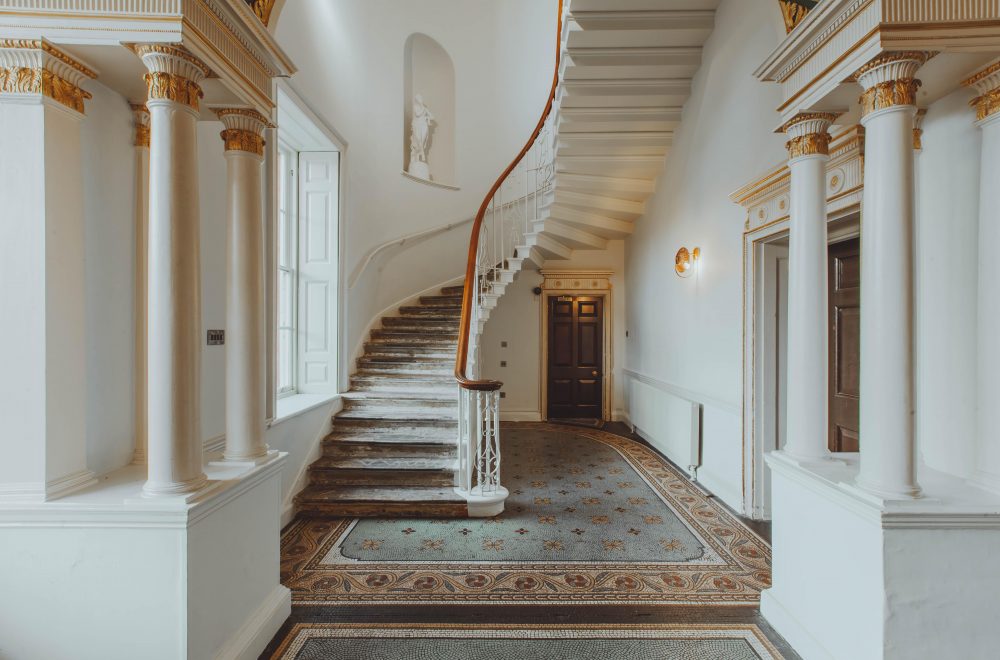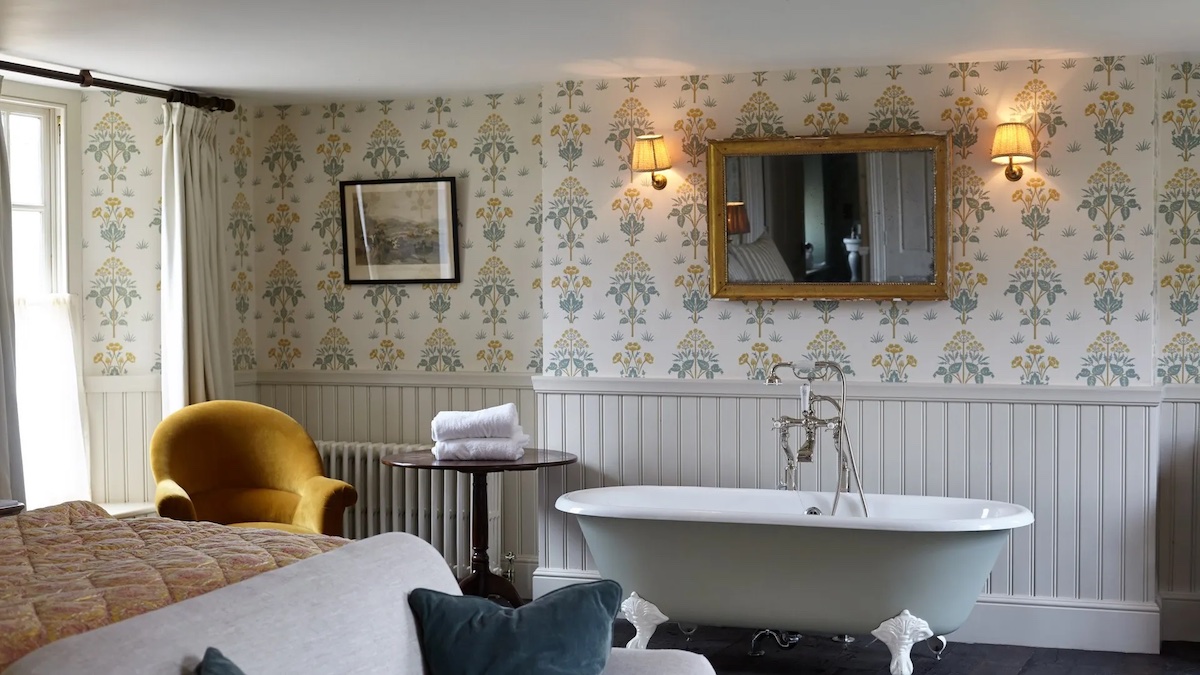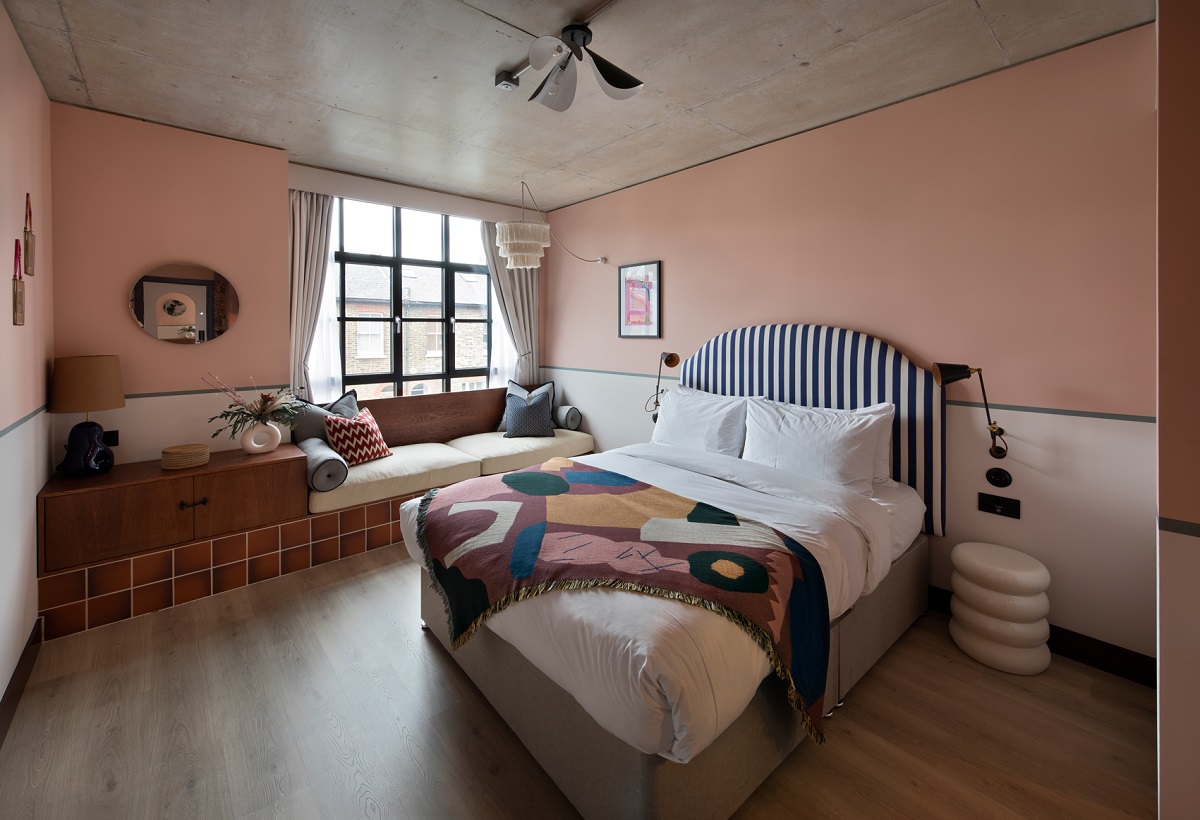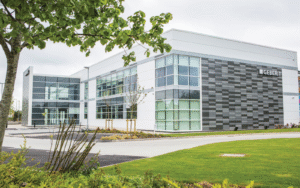Reminding the industry how the hotel sector can maximise its social and economic impact, Andy Jansons, Managing Director of Jansons Properties, writes about the direct, indirect and social affects of good hospitality and hotel design…
Hotels provide far more than just a bed to sleep in when you are away from home. They are hubs of activity that bring people from all walks of life together, offering restaurants, bars, leisure facilities, event rooms, and providing a meeting space for those staying. However, the multi-faceted nature of a hotel is often undervalued along with the economic and social benefits they bring. From the inception of a hotel development right up to the day-to-day running of a fully operational service, hotels produce enormous economic and social benefit to their surrounding areas- both directly and indirectly.
Direct Benefits
Though it may seem obvious, the most direct benefit of hotel development is that it enables an encourages people to visit an area that they may not have otherwise visited. The nature of the hotel will determine which type of traveller will visit, however, the existence of a hotel in an otherwise unremarkable area can make it a destination for those planning a holiday or business trip. Hotels located in a city centre will cater to both tourist travel and business travel whereas employment orientated hotels may be located near business estates or motorways for practicality. Business tourism is a huge industry with millions of people travelling to and within the UK each year for conferences and short stay work trips. Hotels are often central to corporate travel, catering to all the needs of the group including providing meeting rooms or events spaces for larger groups.
Hotel developments are therefore also excellent for employment and not just for those employed as hotel staff at the end of the process. Before any building has begun and planning permission has been granted, consultants must be brought in to prepare structural plans and put in planning applications for the project. This initial stage involves a huge number of professionals, including contractors, architects, planning consultants, quantitative surveyors, and even conservation experts, all of which contribute to the planned proposal of the hotel. Typically, hotel developers will employ local experts, bringing employment opportunities directly to the area. Once planning consent is granted, the next stage is to begin construction which involves the employment of regional contractors and a work force of anywhere between 50-100 people on site, though this is dependent on the size of the project. Construction can last anywhere between a few months to two years during which time local construction workers have stable employment and income. Finally, once the hotel is opened for business, local jobs are generated and local people are employed at varying different levels, from reception to the kitchens.

Image Caption: Birch, which opened in 2020, transformed the hospitality landscape in Hertfordshire. | Image credit: Birch/Red Deer/Adam Firman
Another direct benefit that hotels generate is stimulating economic growth for the region, as hotels often source produce from local vendors. Locally sourcing food goods to supply their restaurants generates great business for local food supplier companies and provides them with a steady revenue. While hotel restaurants are typically solely reserved for hotel guests, some commission independent restaurants and take external bookings. These partnerships give great publicity to local food suppliers and result in strong community engagement between the hotel and local businesses.

Image caption: Soho Farmhouse was the first ‘house’ in the portfolio to open in the UK outside of a major city. | Image credit: Soho House
Furthermore, local business directly benefits from hotels as strong advocates of innovation and front runners of the ESG agenda. As many hotels are now diversifying their offering by inviting businesses to use their facilities as hybrid workspaces, this further increases traffic and exposure to those local businesses surrounding the hotel. The growth of companies such as WeWork, is changing how we approach work with many companies no longer seeing the benefit of renting out large offices. New hotel developments provide space for these hybrid environments which in turn benefits businesses looking for new and innovative space. Indirectly, this type of innovative development elevates the ESG status of those businesses who collaborate with the development, meaning that all bodies involved are functioning in a more socially and environmentally efficient way.

Image credit: room2 Chiswick opened this year as the first truly net-zero hotel, and set a new standard in ESG for the hospitality industry.
Indirect Benefits
In addition to the direct benefits hotels bring to their area, there are subsequent indirect benefits which bring growth and improvement to the region. One particular benefit is the promotion of local business that happens indirectly as a result of hotel visitors. Travellers looking for activities to entertain themselves during their stay might ask for recommendations or pick up local leaflets from the lobby advertising local events and offerings. These can often include cinema, theatre, restaurants, festivals, art exhibitions and local commerce offerings which then benefit from the patronage of outside visitors. This promotion of the local vicinity can have an impact not only in the short term but also in the long term, as visitors participate positively in local life, they are more likely to return if future trips are necessary. An increase in local engagement will lead to economic growth and social diversification for the region as a whole.
Another notable benefit of a new hotel is the regeneration focus it brings to the local area. The development of a hotel is often a steppingstone to gentrification as it shifts the socio-economic dynamic of an area and encourages investment from other groups. Furthermore, a hotel development can often include more than just the construction of a hotel, with developments growing to encompass business centres and retail space. The SoCo development in Edinburgh is an excellent example of regeneration in practice. The scheme involved the re-development of a UNESCO World Heritage Site which had been destroyed by a fire in 2002. The final product left the area not only with an Ibis Hotel, but a Sainsbury Local Store, Costa Coffee and the reinstatement of an old nightclub. The regeneration of this area resulted in the further creation of new public realm spaces.
Rates are an additional indirect economic benefit, bringing more money into the local authority through taxation. This added source of income can be funnelled back into the local area for regeneration and refurbishment. A refurbished town hall, shopping centre, better roads, larger car parks and more green spaces. This has a particular impact on hight street regeneration and will be recognised by the local population; as vacant buildings are used and repurposed, hotels encourage money to be spent which results in better quality commerce and retail offerings.
Finally, the impact of a hotel development on the civic pride of a region should not be underestimated. A new hotel is a major brand renewal for an area and gives locals the opportunity to showcase their town and cultural offerings. New buildings will give the whole area a facelift and will show that money is being spent on investment in the future of the region. While becoming a destination clearly benefits the economic growth of an area, the social impact is equally significant in boosting local moral and how people feel about the area they live in.
Main image credit: room2 Chiswick

























